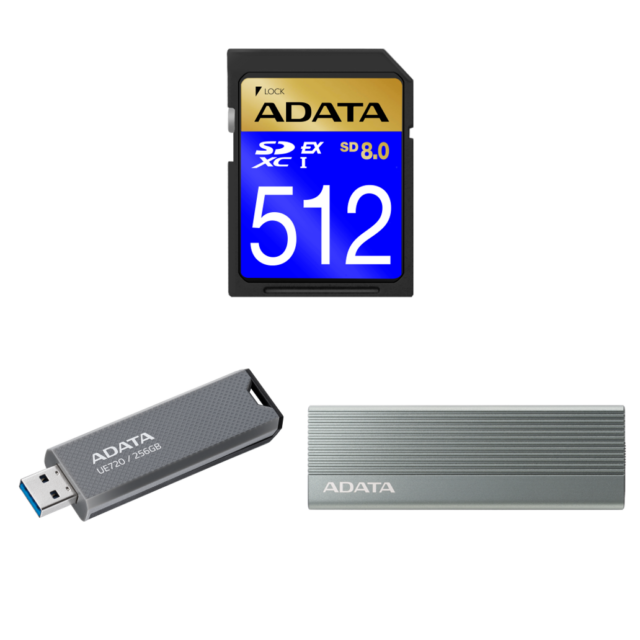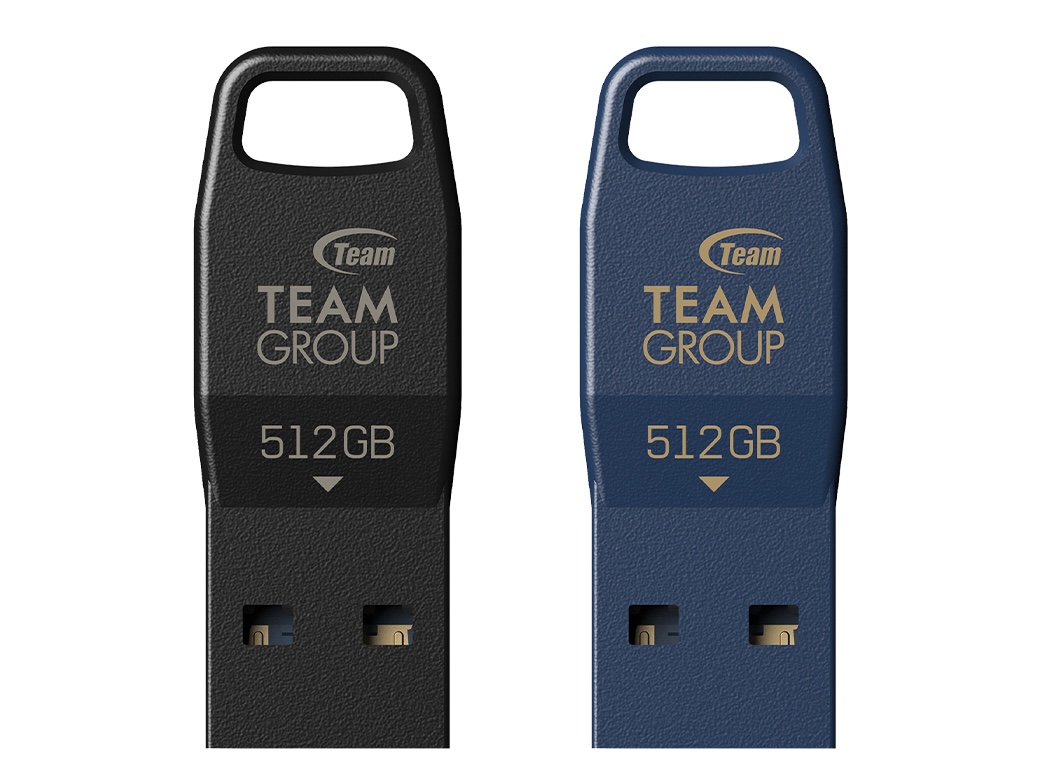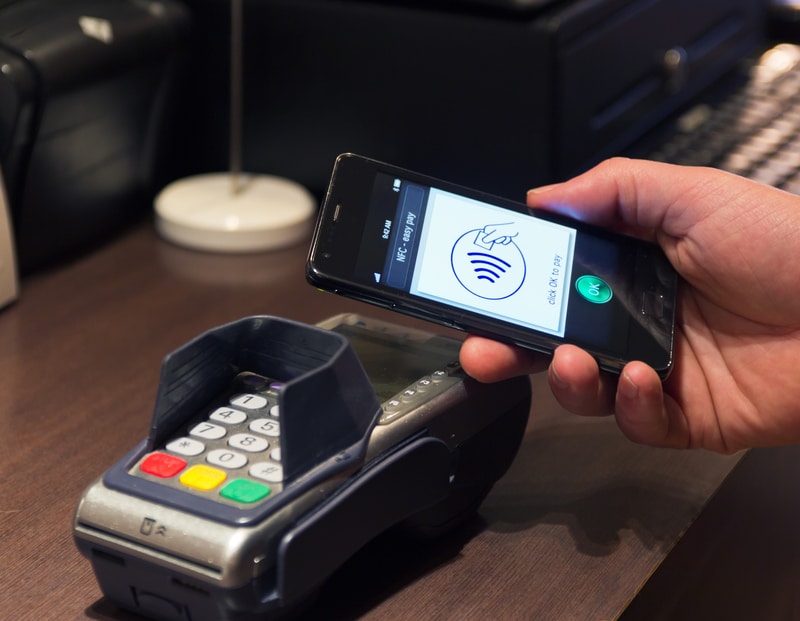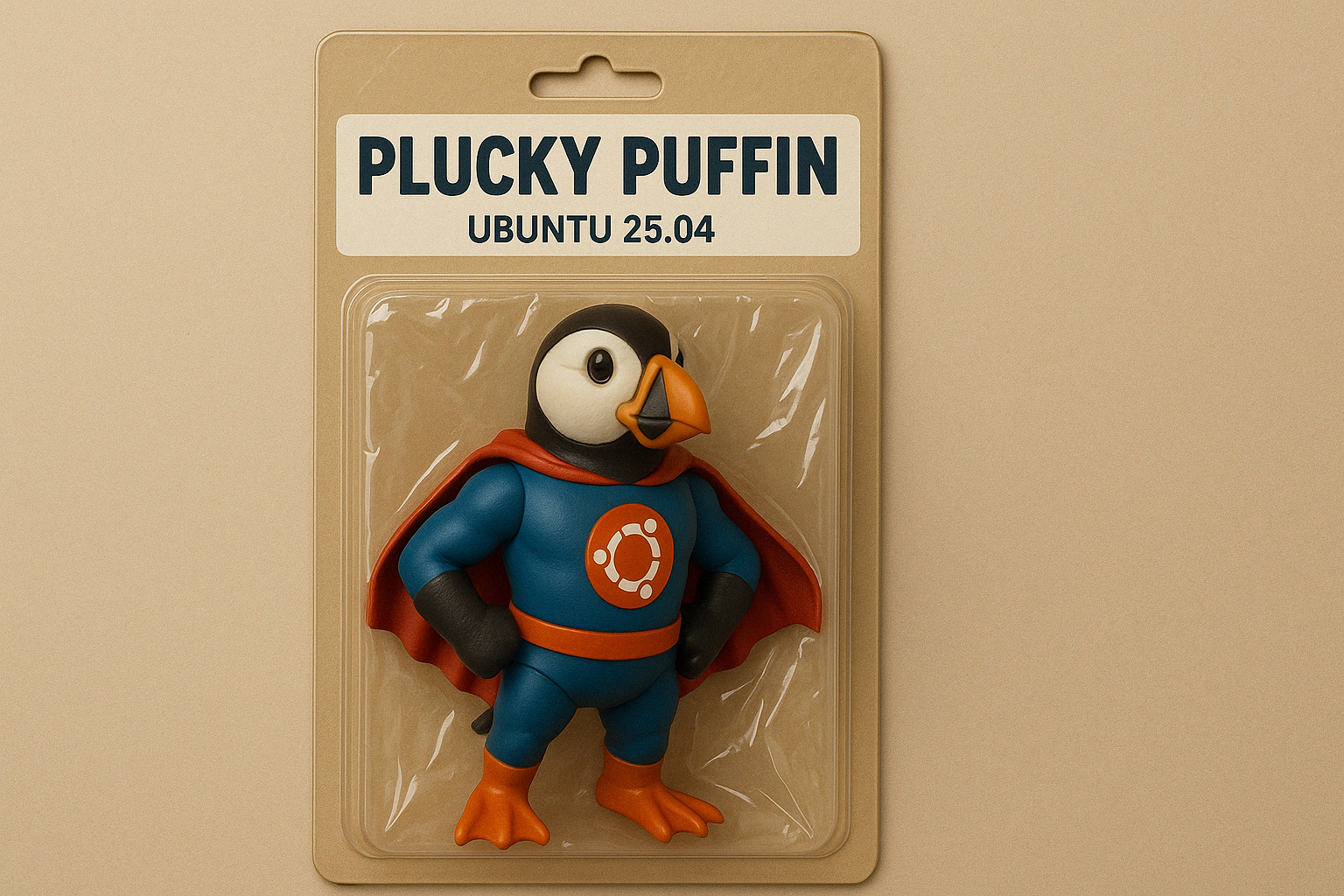
Install Linux on your old PC to save it from the landfill this Earth Day
Earth Day is tomorrow, and it is a time to reflect on how we treat the planet we all share (until Elon Musk colonizes Mars, at least). While some people mark the day by picking up trash or planting a tree, there’s another simple yet powerful way to help the environment that you might not have considered -- install Linux on your aging computer instead of tossing it in the trash!
Old computers don’t have to die. In fact, most of them still have plenty of life left in them -- if you’re willing to ditch bloated operating systems that no longer support them. That’s where Linux comes in. Unlike Windows 11, which demands modern processors and fairly high-end specs just to boot, many Linux distributions run smoothly on older hardware. Whether it’s a decade-old laptop collecting dust or a desktop with a failed Windows installation, Linux can breathe new life into machines that would otherwise end up in landfills.

Enterprises change how they manage cyber risk
A new report from Zafran Security shows that enterprise risk management is shifting from volume to value, and from patching everything to fixing what matters most.
The study, carried out by Foundry MarketPulse, reveals that only one in 50,000 vulnerabilities actually pose a critical risk -- and the ones getting exploited the most are often old, quiet, and ignored.

What does the future of AI-powered software development look like -- and how secure is it?
AI and machine learning tools have had an important role in software development for many years, helping to drive efficiency and automation. The new generation of AI tools has the potential to supercharge this transformation, bringing even greater improvements to efficiency, cost-effectiveness, and innovation cycles.
However, these tools also come with new risks, including security vulnerabilities, governance challenges, and regulatory uncertainty. As with any new technological approach, organizations bringing new AI tools and specifically AI-generated code into their development lifecycles must balance benefits with the potential risks.

Four common AI pitfalls -- and how to avoid them
Artificial intelligence (AI) is transitioning from an emerging technology to a business mainstay. While many businesses are already reaping the benefits of strategic AI implementation, others are adopting AI solutions without first considering how to integrate the tools strategically. While some AI tools offer tangible gains in automation and efficiency, others overpromise and underdeliver, leading to costly investments with little return.
Distinguishing marketing buzz from real-world impact is critical for businesses looking to make AI a true driver of operational success. Despite AI’s potential, many businesses fall into common pitfalls that prevent them from realizing the full value of innovative technology. From unclear objectives to poor integration and security risks, these challenges can turn AI from a competitive advantage into an expensive mistake.

Identity verification shifts in 2025 and what they mean for business and consumers [Q&A]
Generative AI is already defeating traditional identity verification (IDV) methods like knowledge-based authentication, 2FA, and more.
This shift is likely to see the acceleration of new forms of IDV in 2025 that place a greater emphasis on ensuring they're both more secure and easy for people to use. This will result in a convergence of customer identity and access management (CIAM) which essentially gives customers more control over their identity and verification.

Google warns DOJ breakup plan could destroy Android and Chrome -- plus hurt the US economy
Google is hitting back at the Department of Justice over a proposed plan that could force massive changes to how the company operates. The DOJ, which sued Google back in 2020 over search distribution practices, is now pushing for remedies that Google says go way too far -- and could end up hurting American consumers, innovation, and even national security!
In a new blog post, the search giant says the proposed changes are not only unnecessary but also dangerous. At the heart of the issue is how Google partners with phone makers and browsers to make its search engine the default. According to Google, people use its search because they want to -- not because they’re forced to. The company says blocking these deals would just make it harder for people to get to the services they prefer, with alternatives like Microsoft’s Bing being pushed on users instead.

TrueNAS 25.04 ‘Fangtooth’ debuts with Linux foundation and unified SCALE and CORE codebase
TrueNAS 25.04, codenamed “Fangtooth,” was recently released (download here), and with it comes a full embrace of Linux as the underlying base. While previous versions of TrueNAS were confusingly split between CORE (built on FreeBSD) and SCALE (built on Linux), this release finally pushes the project further into its beautiful Linux future.
This version builds on the foundation laid by TrueNAS 24.10 “Electric Eel.” That version brought improved performance and Docker support, and Fangtooth expands on it with more than 1,000 changes, including over 150 bug fixes. The update is being offered as a release version, but iXsystems is still recommending it for early adopters only -- at least for now.

Jack in the Box announces bizarre Fortnite experience that turns players into fake CEOs for some reason
Want to hear something absolutely insane? Apparently, Jack in the Box has decided it wants to be more than just a place to grab curly fries at midnight. You see, the fast food chain is now venturing into the world of Fortnite with something called “Jack’s CEO Minigames.”
Wait -- what exactly is that? Well, it is a very strange gaming experience where players compete in several challenges for the chance to become… CEO of Jack in the Box. No, seriously. This is really happening.

ASUS unveils Chromebook CX14 and CX15 with bold colors, recycled materials, and optional Plus AI features
ASUS is bringing some much-needed excitement to the Chromebook market with its newly announced CX14 and CX15 series computers. These new ChromeOS laptops deliver a fresh mix of style, performance, and environmental awareness. These 14-inch and 15.6-inch laptops are built for everyday users but with enough polish to appeal to professionals and students alike. What sets them apart isn’t just the design, but more importantly, the surprising variety of configurations. Not to mention, there is optional support for Google’s Chromebook Plus platform, which includes a year of Google One AI Premium at no extra cost.
The CX14 and CX15 models come in seven different color choices including Misty Green, Cream Pink, Rock Grey, Fabric Blue, and Quiet Blue. There are also three distinct finish types: Crystallice, Washi, and Paint. Believe it or not, the finishes are more than just for looks. For instance, the Paint version is mixed with diamond and stone particles, giving it 2.5 times the abrasion resistance of traditional coatings. ASUS clearly wants these Chromebooks to look good for the long haul, and the company is using 30 percent post-consumer recycled plastics in the chassis to help reduce environmental impact. Very cool, ASUS!

ADATA launches Premier Extreme SD 8.0 Express card, UE720 USB flash drive, and EC680 SSD enclosure
When it comes to mobile storage, speed and reliability can be absolutely crucial -- especially if you’re a content creator. Recognizing this growing need, ADATA today unveiled a trio of new products designed specifically to keep up with the demands of creative professionals and on-the-go users. We’ve got the Premier Extreme SD 8.0 Express memory card, UE720 USB flash drive, and the EC680 M.2 SSD enclosure.
The Premier Extreme SD 8.0 Express memory card isn’t your typical memory card by any means. It’s equipped with a PCIe Gen3 x2 interface, delivering insanely fast read speeds up to 1,600MB/s and write speeds up to 1,200MB/s! Folks, that’s twice the speed of SD Express 7.0 and an astounding twelve times faster than those old-school UHS-I cards you’ve probably got lying around. Heck, it’s even faster than many external SSDs!

TEAMGROUP unveils new X2 MAX portable SSD and S5 USB flash drive
When it comes to storage, flashy gimmicks really aren’t necessary nowadays. Look, most people simply want a reliable way to carry data without fuss or frustration. With that said, TEAMGROUP has announced two new products -- the compact X2 MAX portable SSD and the S5 USB flash drive. Neither aims to reinvent storage -- both are merely practical tools.
The X2 MAX portable SSD offers USB 3.2 Gen 2x1 speeds, capable of delivering read performance up to 1,000MB/s. One handy feature is the dual-connector design -- both USB Type-A and Type-C -- so users don’t have to annoyingly hunt down adapters when switching between computers, tablets, or even gaming consoles. It’s impressively compact, measuring just 75.9mm x 20mm x 8mm and weighing only 12 grams.

What compliance with PCI DSS 4.0.1 means for businesses [Q&A]
The latest revision to the PCI DSS standard for protecting payment data, PCI DSS 4.0.1, was announced last year and came into force last month.
But what do these new requirements mean for businesses? We spoke to Simon Wijckmans, CEO at web security platform c/side, to find out.

Google has lost its ad tech monopoly trial... and Mozilla is scared
In a decision that surprised few, a judge has ruled that Google is guilty of “willfully acquiring and maintaining monopoly power” in advertising technology. Google (or its parent company, Alphabet, at least) is obviously unhappy with the ruling, but it’s not the only one.
Mozilla was one of the first companies to react to the ruling, and CEO Laura Chambers has expressed alarm about what it means for the future of its Firefox web browser. She also voices concerns about the implication of the rules for the open web and online industries.

CISA adds Windows NTLM hash disclosure spoofing flaw to its Known Exploited Vulnerabilities Catalog
A vulnerability in the Windows NTLM authentication protocol, which is known to have been actively exploited for at least a month, has been added to the US CISA’s Known Exploited Vulnerabilities Catalog.
While Microsoft deprecated NTLM last year, it remains widely used. Security researchers discovered the hash disclosure spoofing bug, and Microsoft quietly patched it in March. But the creation of a patch is one thing -- having users install it is something else. By adding the vulnerability, tracked as CVE-2025-24054, to its catalog, CISA is raising aware that action needs to be taken.

Flying high: Ubuntu 25.04 'Plucky Puffin' is here to deliver better performance to desktops and data centers
Canonical has announced the arrival of Ubuntu 25.04 -- "Plucky Puffin." This latest interim release introduces a number of updates across the desktop, as well as developer tools, and improved hardware support, with a focus on boosting performance and improving the user experience.
Ubuntu 25.04 ships with GNOME 48, offering new features like a Preserve Battery Health mode, HDR support, and Canonical’s triple buffering patches, now accepted upstream. A new Wellbeing Panel helps users manage screen time, while a redesigned install and boot experience adds improved partitioning options and experimental Dracut support for faster system startup.
